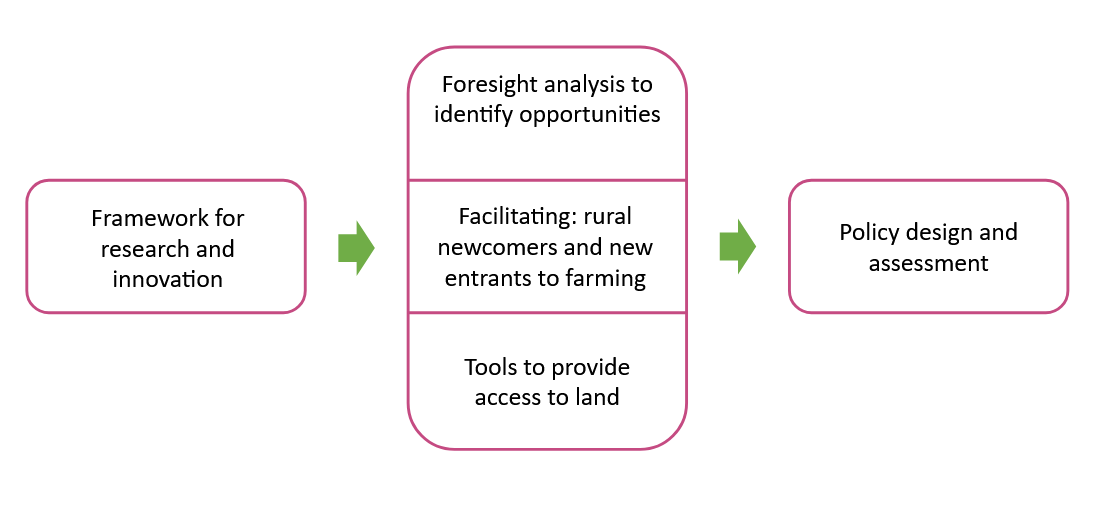Concept
A trend of unequal development exists between urban and rural areas. Economic activity is stronger in urban than rural areas, as is population growth. There are also differences in GDP per capita between urban and rural regions.
At the same time rural areas face a series of challenges, such as, the aging of rural population and the concentration of landownership. Most farmers are above 55 years of age and only few farmers are below 35 years of age The non-replacement of retiring farmers will pose a problem in the future: reduced workforce and increased isolation in rural areas, lack of local food supply, disappearance of small farms, landscape and environmental degradation, among other issues. The rural context itself present barriers to new generations of farmers and other rurally based newcomer professions: rural life itself can be unattractive for some due to deficiencies (perceived or real) relating to for example services, culture and the wider innovation enabling environment
RURALIZATION project is based on the premise that rural regeneration is needed to generate opportunities for new generations of existing and potential rural inhabitants. Newcomers and new entrants in the farming are key players for bringing innovation into rural areas. In RURALIZATION innovation is seen as a multi-faceted concept that can be about new products and technology, but also new business or governance models. The RURALIZATION project looks directly at how farming can be part of this new rural reality created by ruralisation and devotes particular attention to access to land, a fundamental, widespread barrier to entering farming, as well as wider issues around facilitating new entrants and succession.
RURALIZATION aims thus at understanding drivers and circumstances of rural regeneration and with an empirical focus develop, assess, and disseminate novel instruments, strategies and policies that cater for rural regeneration. This is done specifically in relation to the future dreams of rural youth, facilitating rural newcomers and new entrants into farming and by addressing the issue of access to land. RURALIZATION will also carry out a trend analysis to uncover relevant megatrends, trends and weak signals for rural regions. This knowledge base will culminate in generating effective policy tools.
Thanks to RURALIZATION, rural areas should welcome increasing numbers of people living and working locally and should become more diverse, in terms of socio-economic backgrounds, gender, race. A successful ruralisation process means people moving into rural areas becomes the norm and not the exception.







